Project RISE making an impact in CCSD
By James Grob, jgrob@charlescitypress.com
A peer-mentoring program in the Charles City School District is on the rise.
Project RISE — which stands for “Respect, Integrity, Success, and Empowerment,” is a student-led, peer-to-peer mentoring program where high school kids volunteer their time to help middle school kids.
“We take the high school students down to the middle school to help them in any aspect — it’s not just educational, it’s emotional, it’s social. We’re really looking to build the bond students build with teachers, but student-to-student,” said junior Katie Garcia, a high school mentor.
In the first year of the program, there were 13 student mentors helping about the same number of kids, according to senior peer mentor Kaydon Cormeny. Last year, the program had about 40 high school mentors helping about 45 middle school students. This year, about 70 high school students are involved.
“If you give these high school kids the empowerment to care about these younger children, they will,” Cormeny said. “And they will take that extra step.”
Cormeny is one of the students who created the program with Dan Caffrey, Charles City High School at-risk coordinator and drop-out prevention specialist. Caffrey is the faculty leader of Project RISE, but he makes it clear he doesn’t run the program.
“When I call it a student-led and organized peer mentoring and tutoring group, I mean it,” said Caffrey. “It’s their program. They developed it, they run it, they’re in charge of it, they make sure that it’s successful.”
Cormeny was there at the program’s inception — and he was not there as a mentor, but as an at-risk middle school student.
“I knew we needed to start a tutor/mentor program, because I knew there were kids out there who were like me,” Cormeny said. “To say ‘like me,’ I mean to say that when I was in middle school I was like a box of rocks. I wasn’t a smart kid. I did wrong things, I didn’t listen to teachers, and I just never really felt understood. I didn’t feel like I really had anyone. I felt like there was no one I could make a connection with.”
Cormeny said he sought help through the district’s success center, but found that the teachers were overwhelmed, and he ended up helping other kids who the teachers couldn’t.
“Caffrey looked at me one day and said, ‘Hey, let’s start a tutor-mentor program,’” Cormeny said. Thus, Project RISE was born.
Caffrey and other faculty go to the middle school and introduce and explain the program with all the students, and share success stories. The younger students fill out forms that detail their interests and areas where they need help, academically and socially.
Then the high school student mentor leaders send out a form to all the students in the high school, and interested high school students detail their strengths and weaknesses, academically and socially, and outline a schedule of times they will be available to help the younger students.
“We match them up that way,” said Caffrey. “If we find that they are interested in the same things, we try to mesh that together to create a successful pairing.”
Caffrey said there are strict requirements and expectations of high school mentors. They must go once a week, and if a mentor misses a week for any reason it needs to be made up the following week — so a mentor will go twice.
“A lot of the middle school kids they work with are at-risk kids,” said Caffrey. “Many of them have bummer home lives. People have abandoned them their whole lives. If we have Project RISE mentors who skip out and don’t go down there when they’re supposed to, that’s just another bad notch in the younger kid’s belt. ‘You let me down, too. I’m out.’ It’s a huge trust program. We trust that our high school mentors are going to do the right thing.”
Caffrey also said that mentors are expected to take care of themselves.
“That means academically, you’re in the classroom and your grades are where they need to be,” he said. “Your attendance is where it needs to be. If it’s not, you’re stopped in the program until that stuff gets taken care of.”
Caffrey said that reactions to the program have thus far been “super positive.”
“We’ve had almost zero complaints — and our middle school staff has completely bought into it,” he said.
Garcia originally started in the program as a sophomore by tutoring middle school students.
“I feel that most of the time, we as high school students learn better from each other,” she said. “So we make those connections with middle school students that they can relate to in life.”
She said the program is as important for the mentors as it is for those who need mentoring.
“It doesn’t just impact the middle school kids, it definitely impacts the high school kids as well,” she said. “When I first started doing this, I took so much pride in knowing I had helped someone. It’s definitely a double impact.”
Garcia said the students will also share community service projects with mentors.
“We’re just trying to get the community more involved in our program, because we feel it’s important to get it out to the community,” said Garcia. “Then maybe community members can recommend students to us, students who are falling behind educationally or maybe just need some support from us.”
Garcia said mentors will also help with personal care needs.
Caffrey said that, for instance, there are middle school students who sleep on the floor because they don’t have a bed, or who haven’t showered because they don’t have access to soap or shampoo.
“Step No. 1 this year was to get a personal care cart going,” said Caffrey, who added that the program recently received a donation from the Elks Lodge in Charles City to help with that. The cart will contain items such as soaps, shampoos, deodorants, backpacks and socks.
“Just basic stuff that we are used to having that many of these students don’t have, we’re going to have that stuff in the cart,” said Caffrey.
Another thing Caffrey said Project RISE is working on is a food pantry.
“That’s becoming a glaring need, with what we’ve seen this year so far,” he said.
Caffrey is also looking into getting mentor leaders involved in a leadership camp, or perhaps even developing a leadership academy, with community involvement. He is in the process of gauging interest in those things.
“So many people carry so much baggage with them that no one else is aware of,” Caffrey said. “If we can help some of these students be successful, even though they’re carrying all that baggage, then we’ve done something that’s good.”

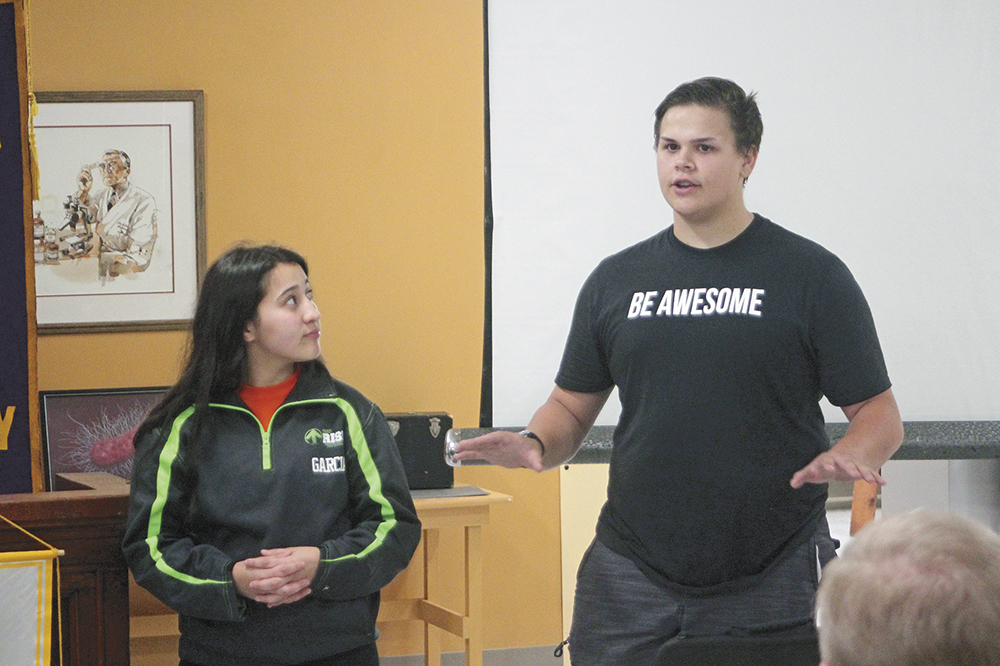
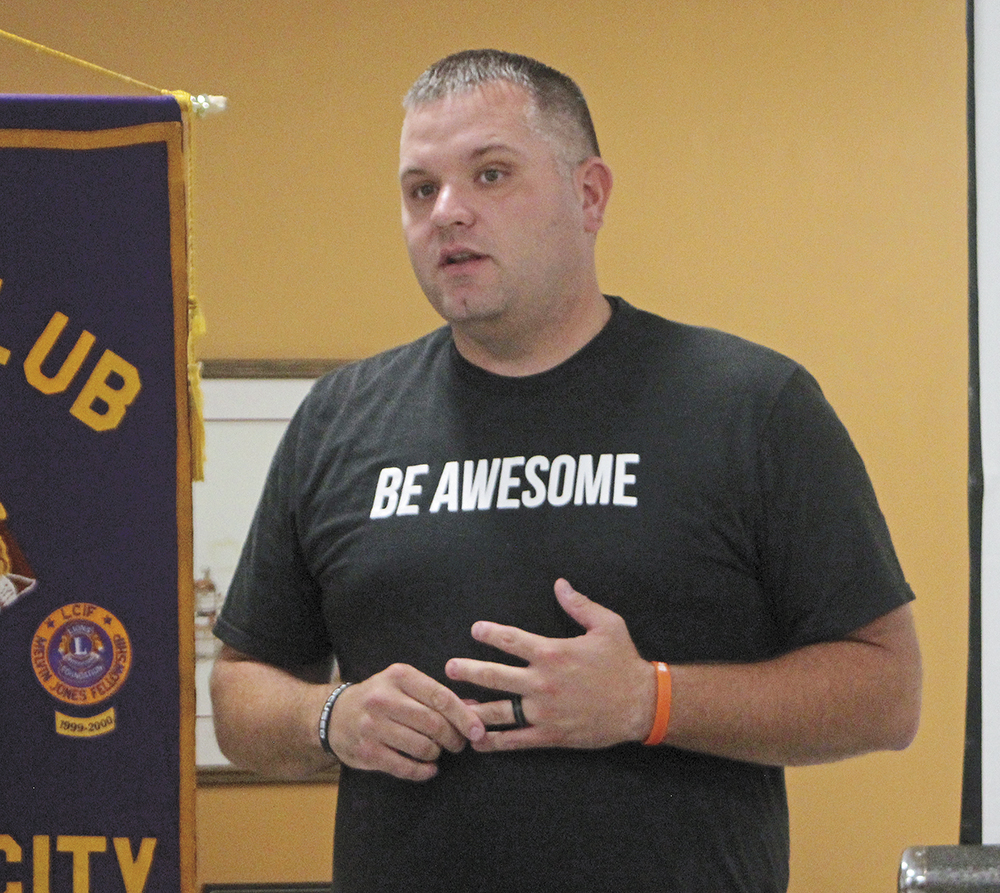


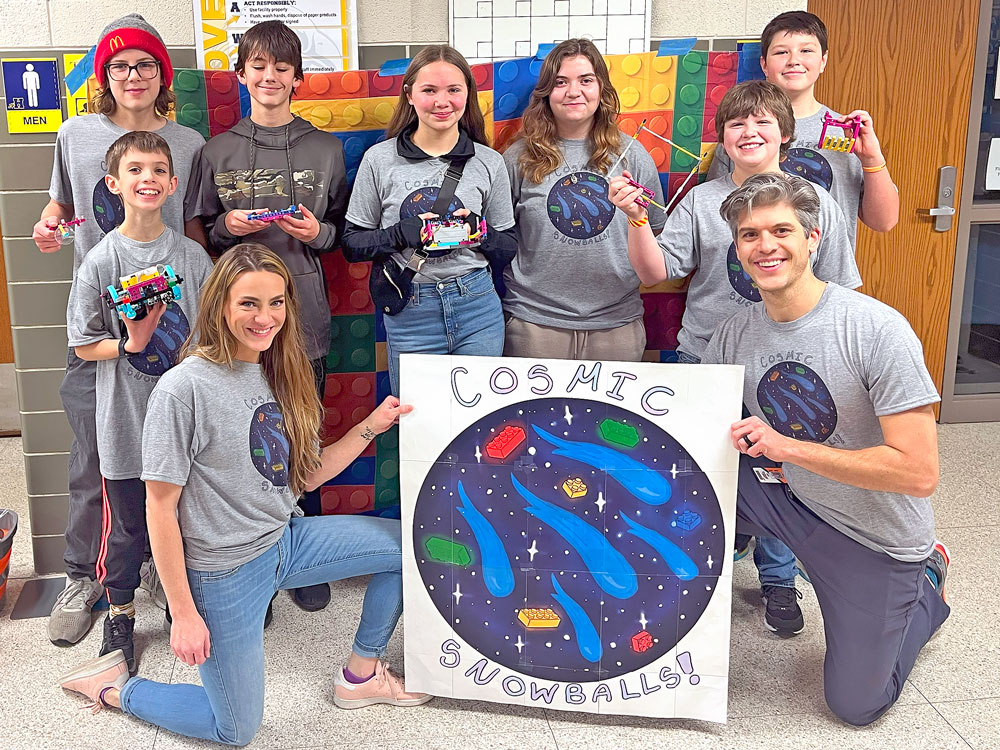
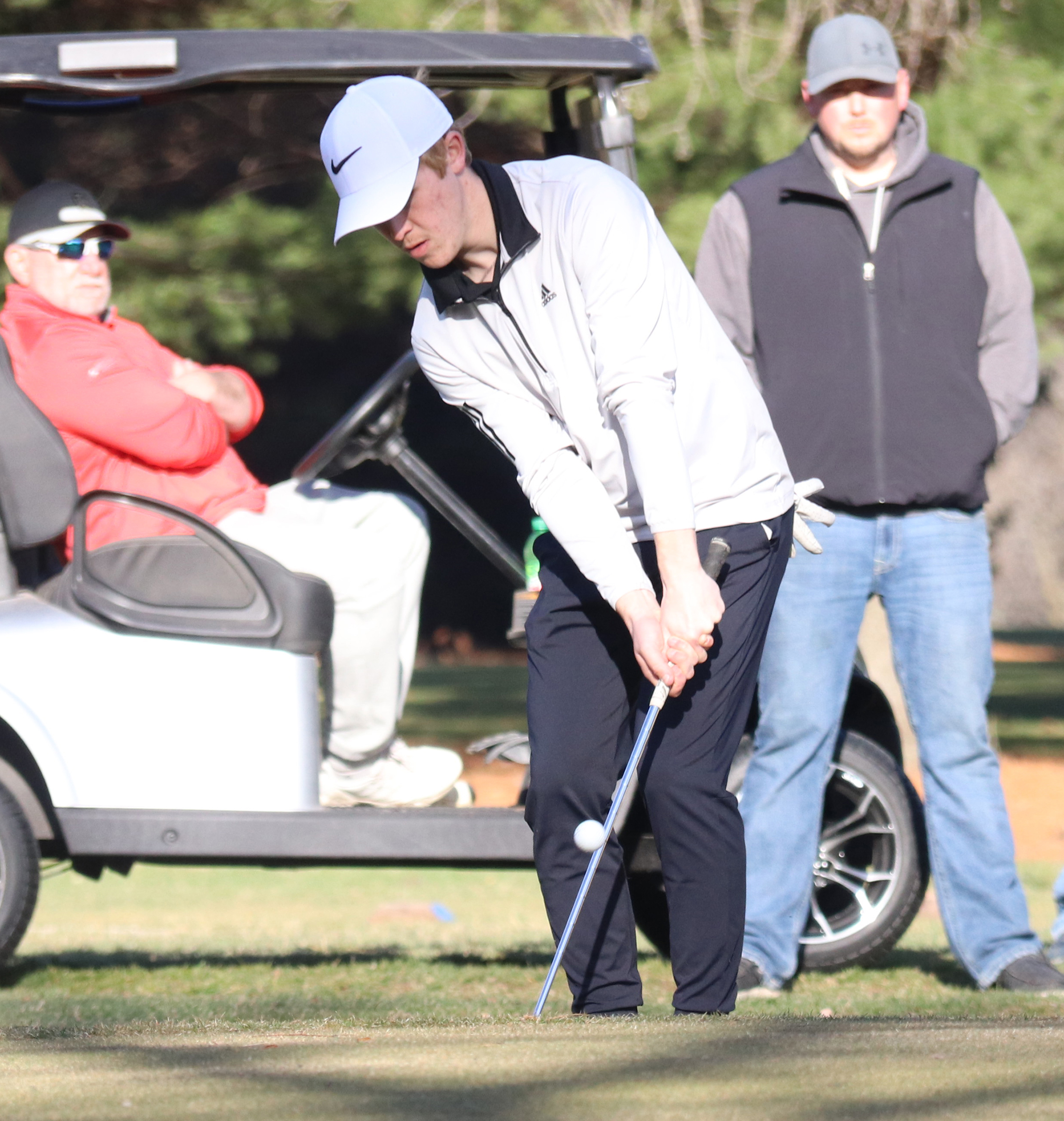
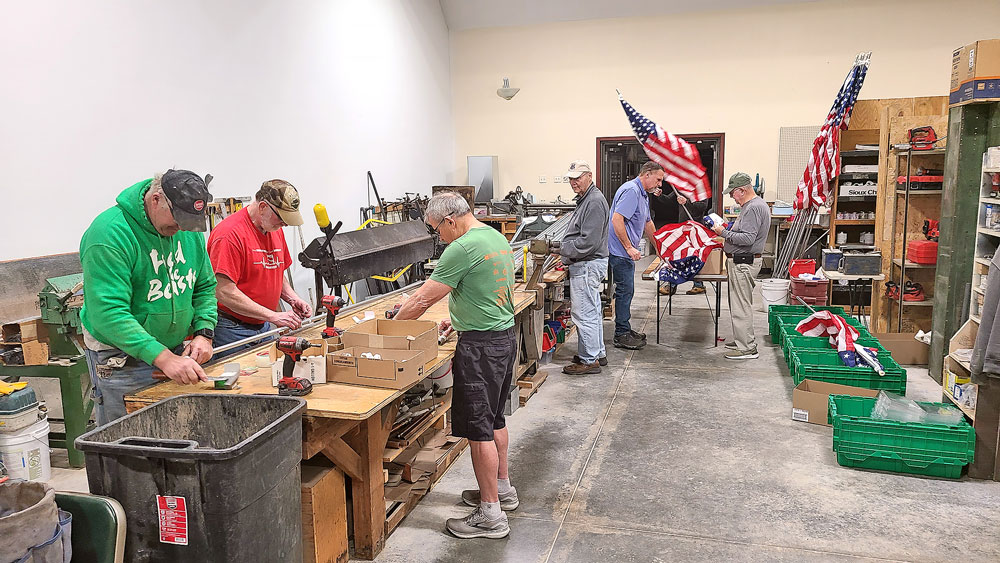


Social Share